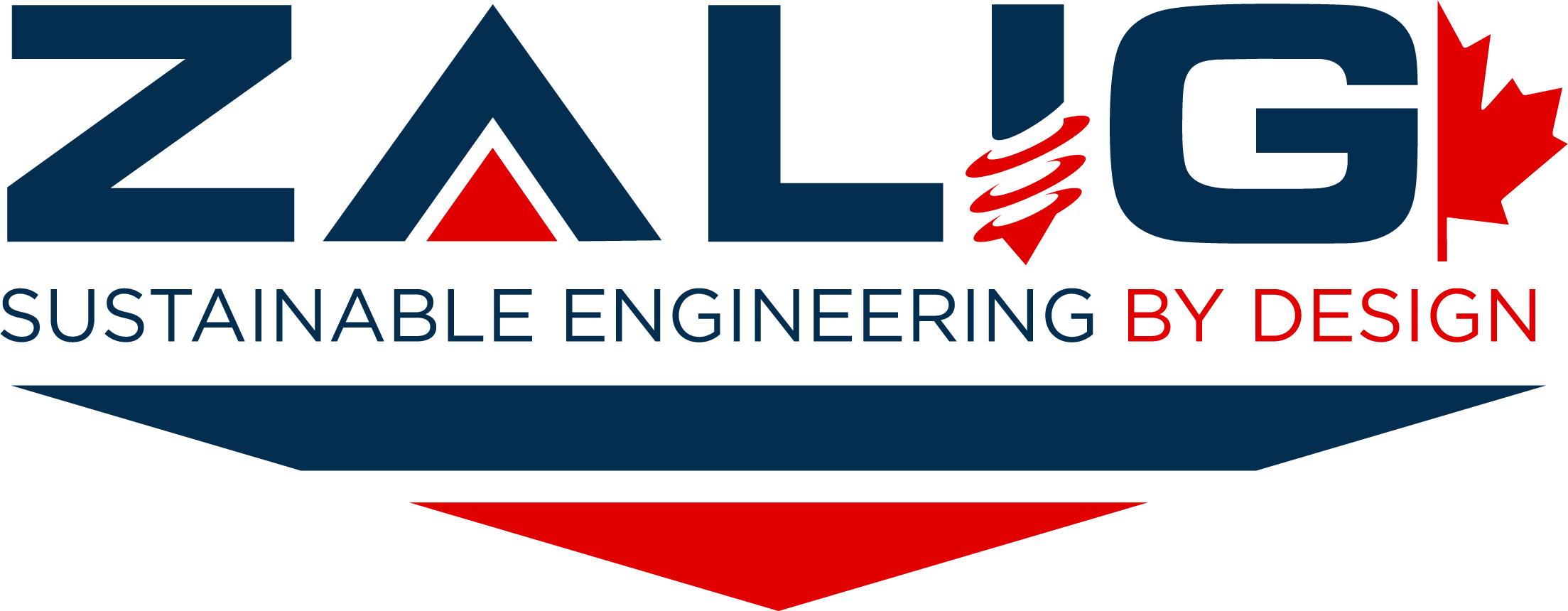- Field And Lab Test Density Test
Nuclear density gauges and Proctor density tests are two methods used to determine the density of soil. Both methods involve compressing a sample of soil to determine its density, but they differ in the way the soil is prepared and the amount of force applied.
Nuclear density gauges use radioactive sources to measure the density of soil. The gauge sends a beam of radiation through the soil sample, and the amount of radiation that passes through the sample is used to calculate the density. Nuclear density gauges are quick and easy to use, and they do not require the soil to be compacted or molded into a specific shape. However, they are expensive and require special training to use due to the use of radiation.
Proctor density tests involve compacting a soil sample into a specific shape, such as a cylinder or cone, and applying a known force to the sample. The density of the soil is calculated based on the amount of force required to compact the soil to a specific density. Proctor density tests are commonly used to determine the compaction characteristics of soil, which can be useful in construction and earthworks projects.
Both nuclear density gauges and Proctor density tests have their benefits and limitations. Nuclear density gauges are quick and easy to use, but they are expensive and require special training to use. Proctor density tests provide more detailed information about the compaction characteristics of soil, but they are more time-consuming and require the soil to be molded into a specific shape.
In terms of correlation, the density of soil determined using a nuclear density gauge and a Proctor density test may not necessarily be the same. This can be due to differences in the way the soil is prepared and the amount of force applied during the tests. However, both methods can provide valuable information about the density and compaction characteristics of soil, which can be useful in a variety of applications.
At ZALIG, we offer a wide range of quality geotechnical, environmental, material testing, transport, survey and hydro-technical engineering services to clients in both the public and private sectors. Operating from our base in Western Canada, our industry-leading experts set the pace in various geotechnical, environmental, and construction service markets. If you need geotechnical engineering services in Alberta, we've got you covered! Get in touch with us today and let's talk about your project!
